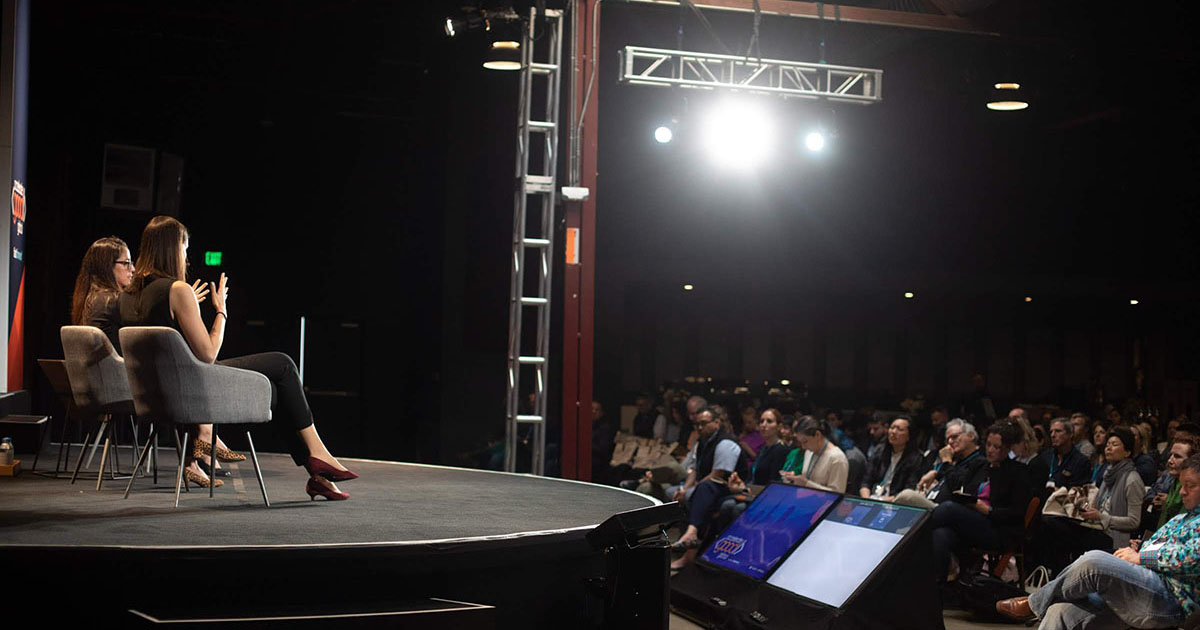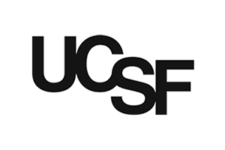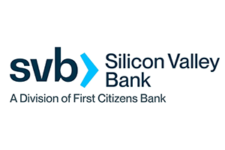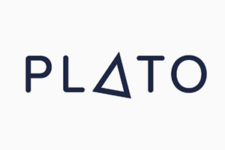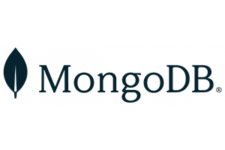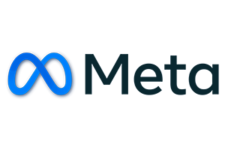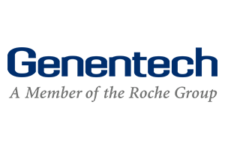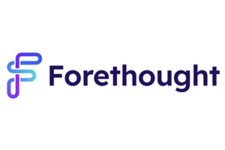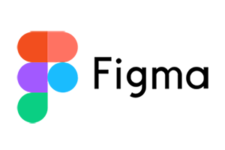Small Scale, Big Impact: How Micro-Events Are Changing Corporate Culture
San Francisco, CA | Updated: 06/18/2024
In the evolving landscape of corporate event planning, a new trend is emerging that is transforming how companies connect with their audiences: micro-events. Unlike traditional large-scale gatherings, micro-events are intimate, highly-focused, and designed to foster deeper connections and more personalized experiences.
As businesses seek innovative ways to engage stakeholders, boost employee morale, and build strong client relationships, the rise of micro-events is proving to be a game-changer. This article explores the growing popularity of corporate micro-events, the reasons behind their increasing adoption, and the unique benefits they offer to both organizers and participants.
In this article we share and discuss examples of corporate micro-events and their impact for the company:
1. Executive Roundtables
Small, invitation-only gatherings of senior executives from similar industries or roles with the goal to facilitate high-level discussions on industry trends, challenges, and best practices.
Example: A tech company might organize an executive roundtable for CIOs from various industries to discuss the future of AI in business. Held at a luxe event space with a fine dining experience, this event allows participants to share insights in a relaxed, yet focused environment.
Benefits:
- Allows for in-depth, candid conversations.
- Strengthens relationships among industry leaders.
- Provides valuable insights and fosters collaboration.
2. Product Launches and Demos
Intimate events where a new product is introduced to a select group of customers, partners, or influencers with the goal to create a personalized and impactful introduction to the product.
Example: A software company might host a small demo session for its new app, inviting key clients and tech influencers. Attendees get hands-on experience with the product, followed by a Q&A session with the development team.
Benefits:
- Enables detailed demonstrations and hands-on experiences.
- Encourages direct feedback and engagement.
- Builds excitement and loyalty among key stakeholders.
3. Client Appreciation Events
Exclusive events organized to show appreciation to key clients, such as private dinners, exclusive tours, or unique experiences, with the goal to strengthen client relationships and show gratitude for their business.
Example: A financial services firm might invite top clients to a private wine tasting event at a vineyard, providing a unique and memorable experience that fosters personal connections.
Benefits:
- Enhances client satisfaction and loyalty.
- Provides opportunities for personal interactions and deeper connections.
- Can lead to increased business and referrals.
4. Team-Building Retreats
Small group retreats designed to build team cohesion, enhance communication, and boost morale. Retreats help to improve team dynamics and foster a positive work environment.
Example: A marketing agency might take its team to a countryside retreat for a weekend of team-building activities, workshops, and relaxation, aimed at strengthening bonds and refreshing creativity.
Benefits:
- Strengthens teamwork and collaboration.
- Reduces stress and improves employee satisfaction.
- Can lead to higher productivity and retention.
5. Workshops and Training Sessions
Focused educational sessions for a small group of employees or clients to provide targeted learning and skill development.
Example: A healthcare company might host a specialized training workshop for its sales team, focusing on the latest product features and sales techniques. This ensures that participants receive tailored instruction and can apply new skills directly to their roles.
Benefits:
- Offers personalized instruction and attention.
- Enhances learning outcomes and application of skills.
- Builds a more competent and confident workforce.
6. Investor Briefings
Private meetings with key investors to provide updates on company performance, strategy, and future plans, with the goal to maintain transparency and foster strong investor relations.
Example: A startup might organize a quarterly briefing for its major investors, presenting detailed reports on progress, financial health, and upcoming milestones in an intimate boardroom setting.
Benefits:
- Builds investor confidence and trust.
- Provides opportunities for direct feedback and questions.
- Can lead to continued or increased investment.
In summary, corporate micro-events offer numerous advantages by providing personalized, focused, and cost-effective experiences that foster strong relationships and deliver high value to participants. These events are increasingly popular as companies seek to engage their audiences in more meaningful and impactful ways.
Looking for Event Space in San Francisco?
Let us know how we can help with your organization’s event needs. The Midway customizes events of all types and sizes with our versatile spaces, culinary options, and technological know-how for maximum impact and a successful experience.
Whether you are in early planning stages or interested in discussing specifics, please contact us for more info.
RELATED CONTENT





